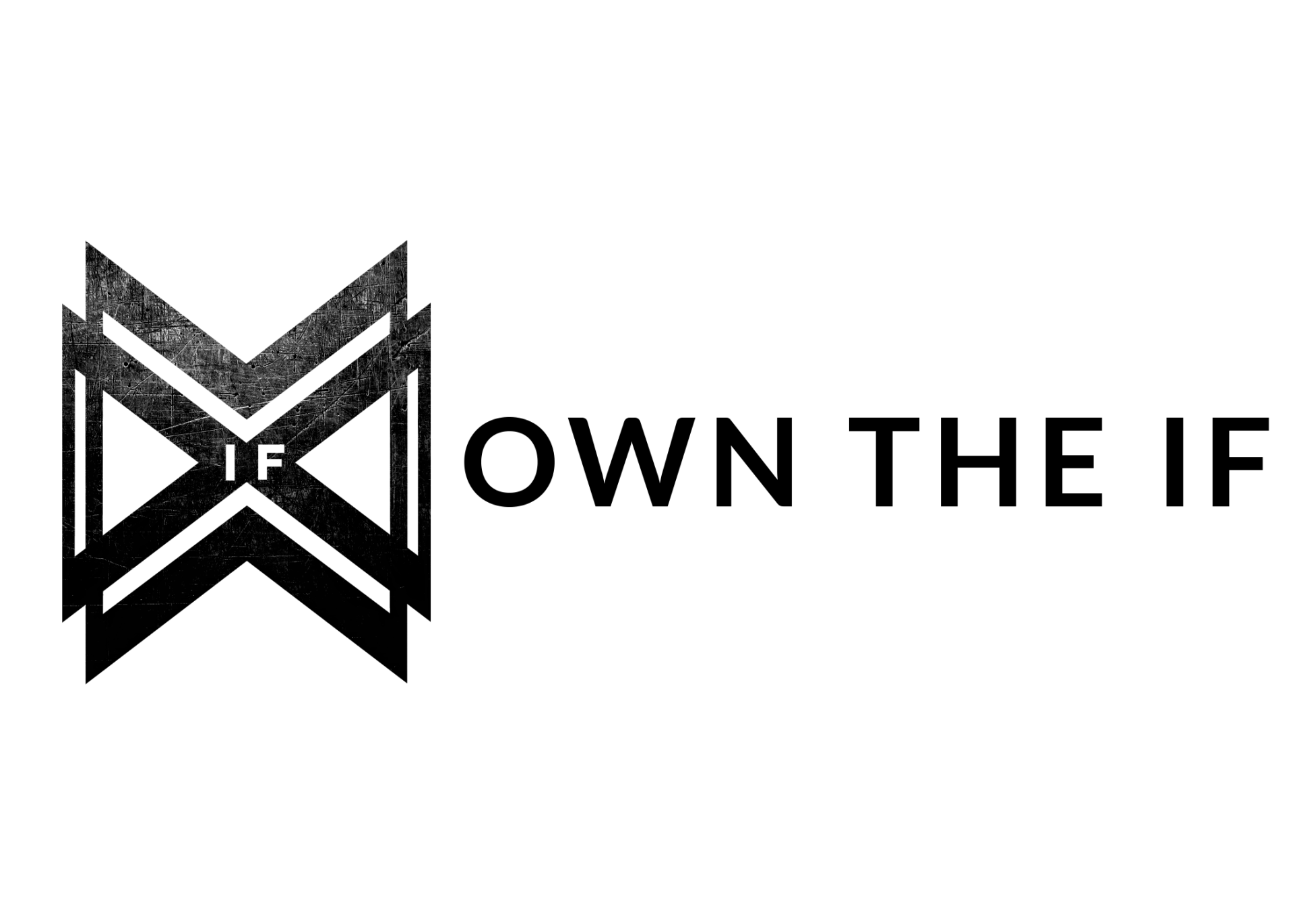Many of us grapple with the ongoing challenge of managing our multitude of tasks. As a business owner and coach, I often face a multitude of choices on my daily to-do list. While exciting, this flexibility can also lead to overwhelming and unproductive moments, days, or weeks, triggering decision fatigue and/or analysis paralysis. This is precisely where the importance of establishing a daily structure or routine becomes evident.
After wrestling with this issue for months, I stumbled upon Oliver Burkeman's 3-3-3 Method, which presents a straightforward framework:
- Allocate 3 hours to your top-priority project, setting clear and specific daily goals (e.g., long-term projects, lesson planning, writing).
- Accomplish 3 quick tasks, encompassing urgent to-dos and postponed items you've been avoiding (such as emails, invoices, notes, and calls).
- Prioritize 3 essential daily maintenance activities to maintain a smooth running life (like dishes, grocery shopping, cleaning, meal-prep, laundry, and workouts).
The concept behind this method is that by successfully completing these three key tasks, you can consider your day a success, liberating you from the perpetual burden of feeling like "it's never enough." Consequently, driven individuals can retire to bed without the stress and anxiety of believing they should have achieved more, while those prone to analysis paralysis or overwhelm can avoid the trap of not getting anything done.
Here’s how it works:
To give it a shot, in the evening, grab your planner or some paper and jot down your 3-3-3 plan for the next day:
- Identify the most crucial task you'll spend 3 hours on.
- List the 3 minor tasks you'll accomplish.
- Outline the 3 maintenance activities you'll address.
As you progress through the day, check off each item on the list. Completing it will leave you with a satisfying sense of a day well utilized when you head off to sleep.
Bringing it Home:
The 3-3-3 method emphasizing smaller daily achievements for long-term success. While it's tempting to pursue ambitious plans or dive into tasks without structure, these often lead to inconsistent results.
Dedicating three concentrated hours to your top priority ensures consistent and substantial daily, weekly, and monthly advancement.
Addressing three smaller, postponed tasks prevents your to-do list from becoming overwhelming.
Finally, engaging in three maintenance activities enables you to make headway in other important areas of life, such as health, relationships, household chores, and more.


